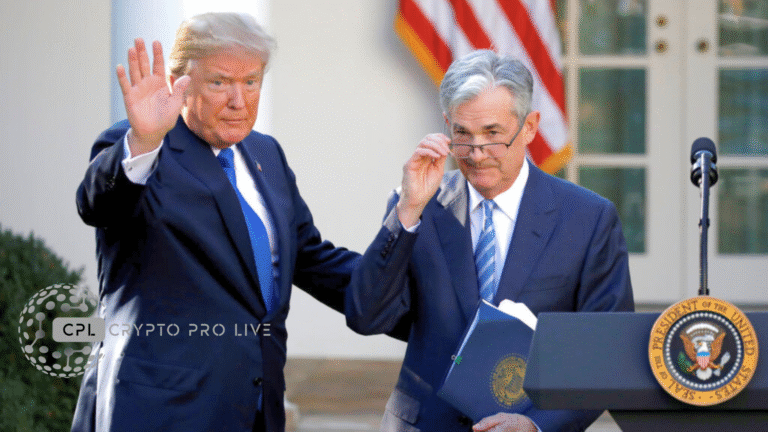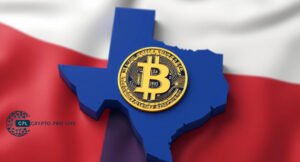El Salvador’s pioneering adoption of Bitcoin as legal tender has been a focal point in global financial discussions. Recently, the nation secured a $1.4 billion loan from the International Monetary Fund (IMF), contingent upon scaling back certain Bitcoin-related initiatives. This development underscores the intricate balance between embracing cryptocurrency innovations and adhering to traditional financial frameworks.
El Salvador’s Bitcoin Journey
In June 2021, President Nayib Bukele announced plans to make Bitcoin legal tender, aiming to foster innovation and economic growth. By September 2021, Bitcoin officially became legal tender alongside the U.S. dollar. Despite initial enthusiasm, Bitcoin’s widespread adoption among Salvadorans remained limited, with many preferring traditional currencies for daily transactions.
IMF Loan Agreement and Conditions
Facing economic challenges, El Salvador sought financial assistance from the IMF. In December 2024, an agreement was reached for a $1.4 billion loan under the Extended Fund Facility. Key conditions included:
- Voluntary Bitcoin Adoption: Businesses would no longer be mandated to accept Bitcoin; its use would be optional.
- Public Sector Participation: The government agreed to limit public sector involvement in Bitcoin-related activities, including halting further accumulation of Bitcoin reserves.
- Tax Payments: Acceptance of tax payments in Bitcoin would cease, reverting to traditional currencies.
These measures aimed to mitigate financial risks associated with cryptocurrency volatility and ensure economic stability.
Continued Bitcoin Accumulation
Contrary to the IMF agreement, President Bukele announced on March 4, 2025, the acquisition of an additional Bitcoin, bringing the national reserve to over 6,102 coins. This move raised questions about compliance with IMF stipulations. However, the IMF acknowledged the purchase, stating it aligned with the program’s conditions, though specifics on how it doesn’t increase government exposure remain unclear.
Market Reactions and Economic Implications
The announcement of continued Bitcoin purchases led to a decline in El Salvador’s dollar bonds, reflecting investor concerns about the nation’s fiscal strategy. With approximately $550 million invested in Bitcoin, the country’s financial health remains under scrutiny, especially considering cryptocurrency market volatility.
Navigating Financial Innovation and Stability
El Salvador’s experience highlights the challenges nations face when integrating cryptocurrencies into their economies. While Bitcoin adoption aimed to promote financial inclusion and attract investment, it also introduced complexities in international financial relations. The IMF loan agreement signifies a cautious approach, balancing innovative monetary policies with the need for economic stability and adherence to global financial norms.
El Salvador’s bold venture into cryptocurrency adoption continues to evolve, reflecting the dynamic interplay between digital assets and traditional financial systems. As the nation progresses, its policies will likely serve as a reference for other countries considering similar paths, underscoring the importance of harmonizing innovation with fiscal responsibility.



















